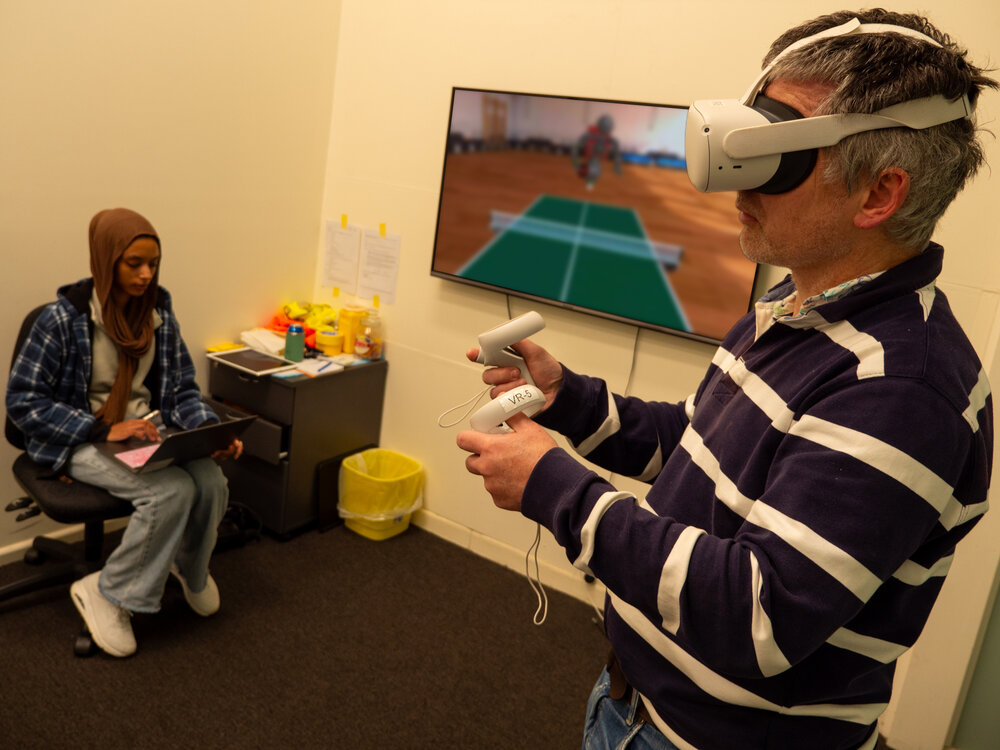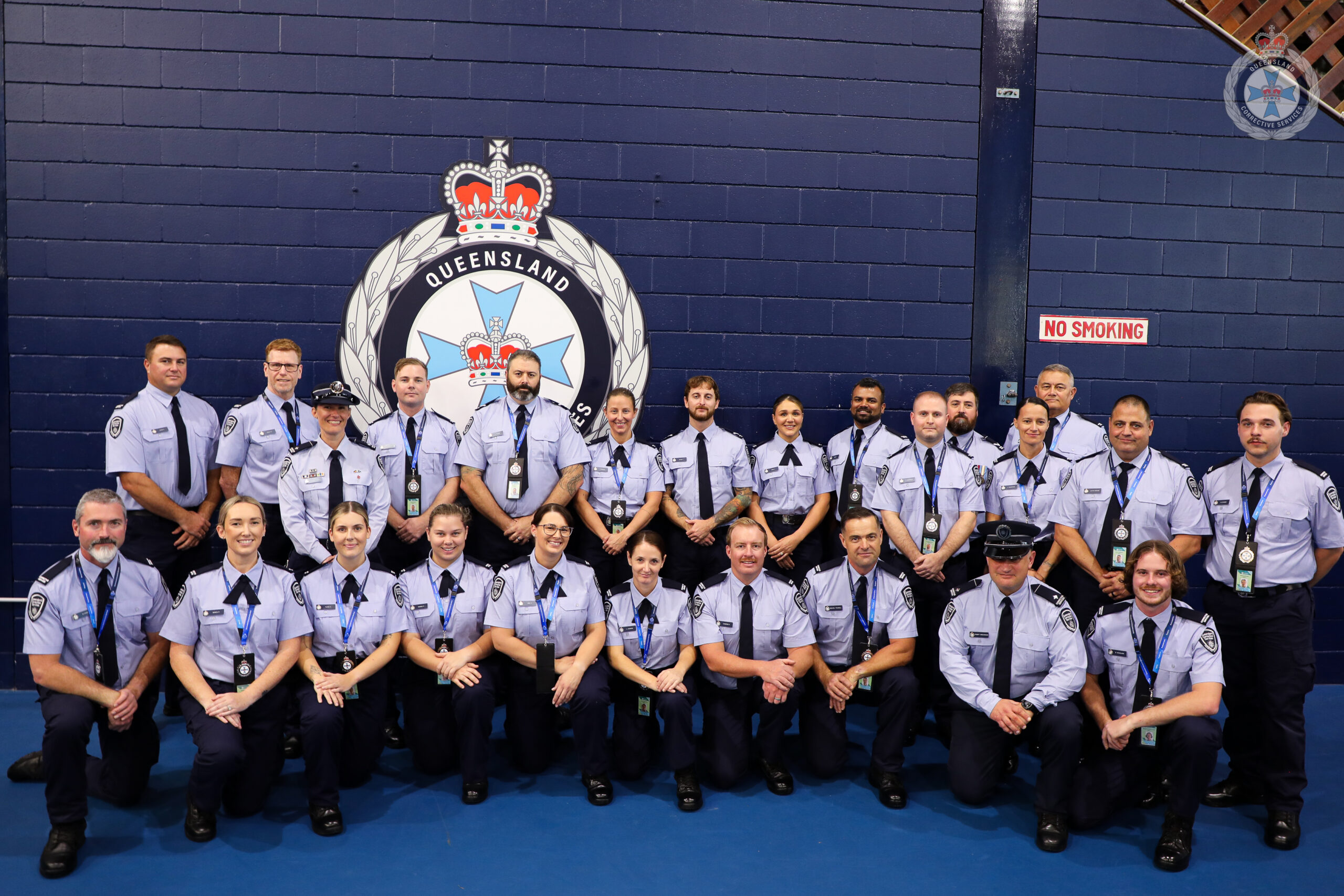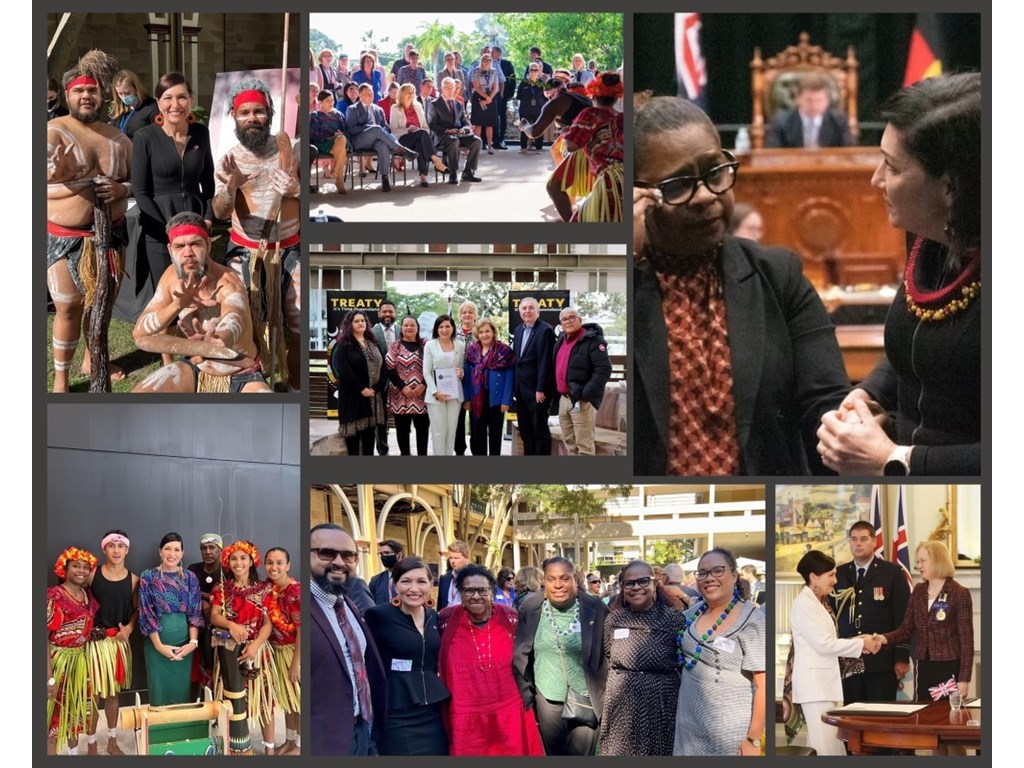
Researchers are using virtual reality (VR) to encourage South Australians with an intellectual disability to undertake regular physical exercise through a high-tech gaming program that builds positive exercise habits and reduces their increased risk of early-onset cardiovascular disease, stroke and heart attacks.
Working with 16 participants at the Bedford Group, Flinders University researchers Dr. June Alexander and Dr. Joyce Ramos are running a VR-based exercise program over 8 weeks to motivate participants with an intellectual disability to undertake intensive exercise routines and improve their long-term approach to physical fitness.
The program requires the volunteers to complete a 1-hour supervised session three times per week using a commercially available VR system at the Bedford Group.
Each session incorporates 50 minutes of exercise using a popular game app such as Dance Central, Beat Sabre, the Thrill of the Fight, Space Pirate Trainer and a range of other games.
Flinders University researchers monitor the participants heart rate, rate of perceived exertion, and intensity volume during the trial and record the results to track their physical improvements.
With the cost of commercially available VR systems plummeting in recent years, the experts say VR technology can, for the first time, provide access to a variety of safe activities that people with disabilities are often excluded from being involved in.
Lecturer in Disability and Inclusion in the College of Nursing and Health Sciences, Dr June Alexander, says most Australians with developmental disabilities don’t meet the globally recommended minimum amounts of physical activity for good health, which significantly increases their risk of cardiovascular disease.
“The tendency for people with an intellectual disability to avoid regular exercise has been attributed to low motivation and reduced access to mainstream health and fitness services such as gyms, so the aim of this innovative VR program is to help participants overcome these barriers.
“Our exercise program will compare the overall impact of a regular and tailored VR activity against participants who don’t receive the experimental treatment.
Flinders University Accredited Exercise Physiologist and Senior Lecturer, Dr Joyce Ramos, says the project is piloting an innovative VR program that one day will be scaled up to help people with intellectual disabilities around Australia meet their weekly exercise requirements.
“Our VR health study is developing evidence-based systems that can improve physical activity level and the quality of life for people with an intellectual disability despite barriers to access, particularly those living in regional and rural locations around Australia without easy access to similar on-site services,” says Dr Ramos.
Bedford Chief Operating Officer, Rachael Griffiths says Bedford is proud to invest in this important research to improve the health and wellbeing outcomes of people with disability.
“Researching the benefits of this technology on fitness levels for people with disability is a world first to our knowledge, and a positive step forward using a fun and engaging way to stay active and increase the likelihood of sticking to an exercise routine.”








